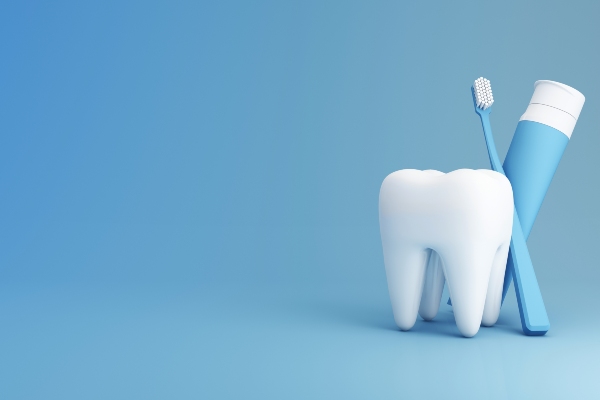 Many people today think professional teeth cleaning is optional and its purpose is primarily to keep the smile bright. In fact, it should be part of routine dental care. Getting a cleaning from a dental professional is important for both the appearance and health of the entire mouth.
Many people today think professional teeth cleaning is optional and its purpose is primarily to keep the smile bright. In fact, it should be part of routine dental care. Getting a cleaning from a dental professional is important for both the appearance and health of the entire mouth.
Prevent gum disease
Even those who brush and floss twice daily are unable to remove plaque and tartar from the teeth like a dentist can. The specialized tools used by dental professionals can clean under the gums and in between the teeth much more effectively than a toothbrush and floss. Without regular dentist visits, plaque and tartar accumulate in the areas of the mouth that are difficult to access and can cause disease and decay in both the gums and teeth.
Once the gums become infected, the infection can spread and cause abscesses in the gums and tooth decay, primarily around the roots of the teeth. Prolonged infection can lead to root exposure, severe gingivitis, and even more serious health complications. There are strong links between gum disease and other medical conditions such as heart attacks or strokes.
Allowing any type of disease to remain in the body, including in the gums, can cause a decline in overall health. Routine dental care can help heal any current gum disease as well as prevent the buildups of plaque and tartar that can cause gum disease to develop.
Detect warning signs of problems
If the only time a patient makes a dental appointment is after pain is already being felt, the treatment necessary to repair the damage may be more extensive than it could have been if the area was being closely monitored. A dental professional can use tools to spot places on the teeth that could turn into cavities long before they are visible to the naked eye. Many times, a small area can be treated quickly before it becomes a cavity, exposes the root, or requires a root canal.
During regular dental visits, the dentist can compare the current state of the teeth and gums to that of past visits. Small pits could have deepened into cavities, a sore spot on the gums may have become an infection, or a previously filled cavity may need removed and replaced. Unless regular visits are happening, large changes could be taking place with no awareness until there is severe infection or damage to the teeth. Also, without regular previous records, dental professionals are unable to pinpoint how long it took for the problems to arise. Is there an issue that slowly developed over a period of a few years, or did it just become a problem three months ago?
Conclusion
Far from being a cosmetic treatment only for keeping the smile looking bright, regular visits to the dentist and routine dental care can get rid of plaque and tartar buildup that toothbrushes and floss cannot entirely eliminate. These visits also allow a dental professional to evaluate if oral health is improving, staying healthy, or declining, and track any changes in known problem areas.
Request an appointment or call Winnetka Plaza Dental at 818-772-6222 for an appointment in our Winnetka office.
Related Posts
When it comes to health and wellness, prevention plays an integral role. In addition to making healthy lifestyle choices, practicing routine dental care is a vital step in maintaining a healthy mouth and body. There are numerous benefits for patients who commit to proper home and professional dental care.Routine dental care is necessary to maintain…
Good self-care habits ought to include time for routine dental care. From spending a few minutes each day on oral hygiene to visiting a general dentist throughout the year, taking care of the teeth and gums is an important part of personal health. Rather than leaving oral health to chance, implementing preventative dental care practices…
Daily oral hygiene habits should not be considered a substitute for the routine dental care that occurs during a dental checkup and cleaning. There are oral health concerns that a dentist will be able to proactively address during an office visit, but the equipment and tools used to care for both teeth and gums are…
